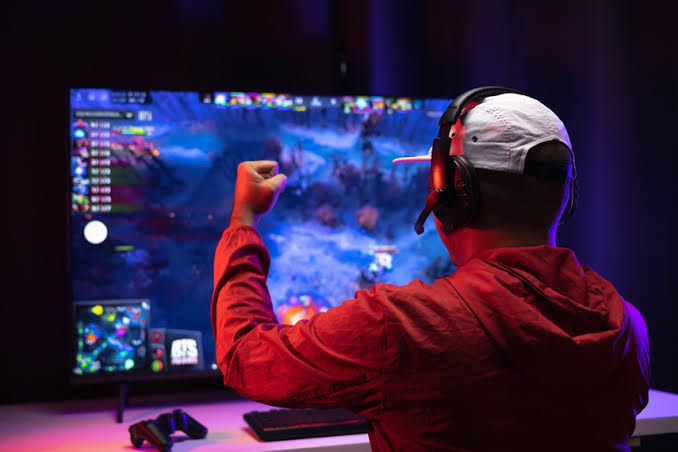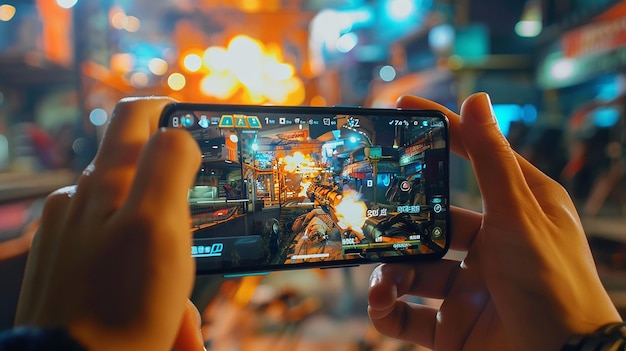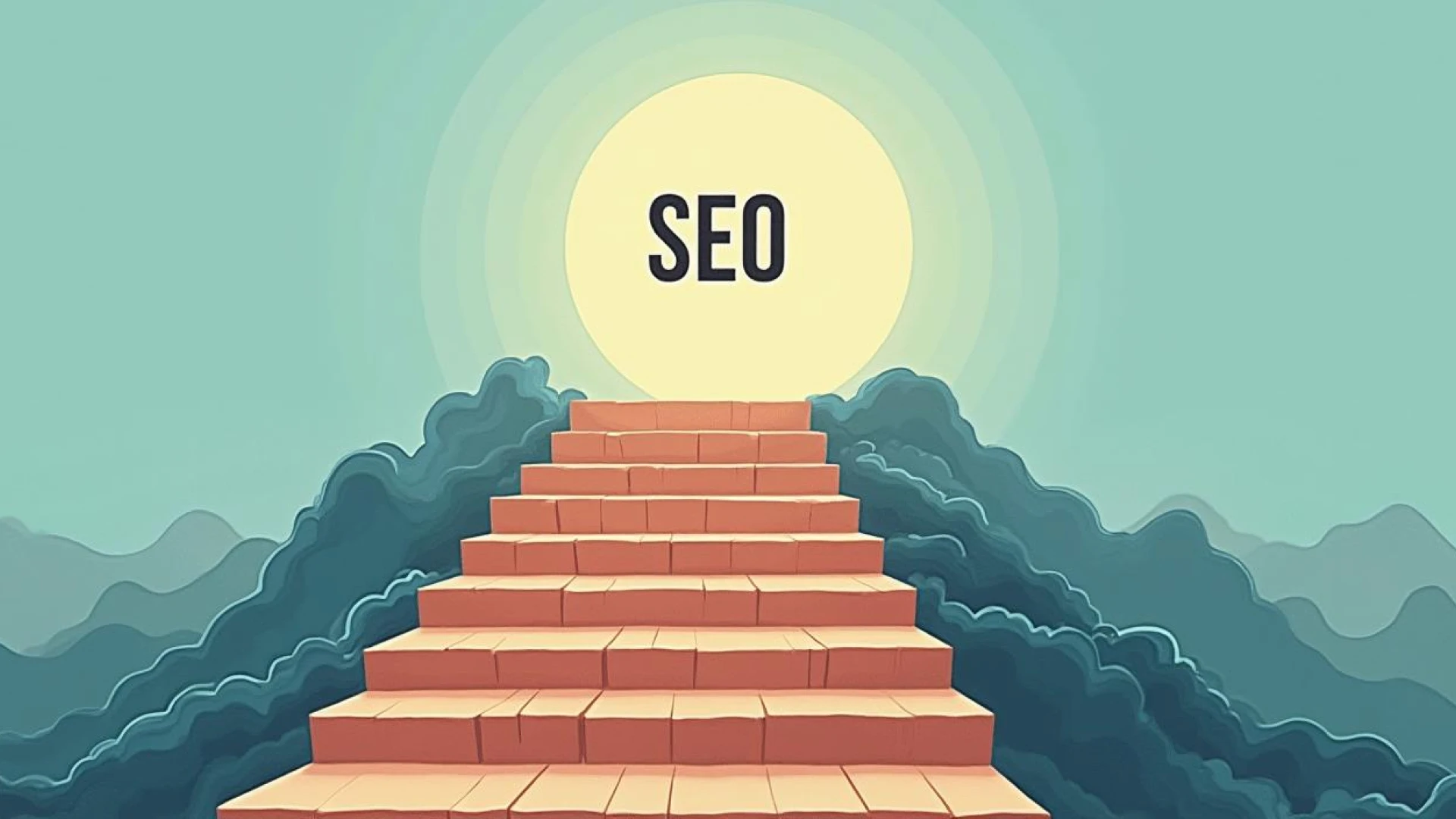In the world of competitive gaming, a seismic shift has occurred, bringing e-sports into the centre of attention. What was once considered a niche subculture has now become a global phenomenon, attracting millions of enthusiasts and brands alike. Read on to find out more about the growng landscape of

E-sports originated in the early days of video games, where gamers gathered at arcades to show off their skills. However, it was not until the advent of online gaming and high-speed Internet that e-sports really began to take off. With the rise of multiplayer online battle arena (MOBA) games like Dota 2 and League of Legends, as well as first-person shooters like Counter-Strike; the competitive games section has found a new frontier in the digital arena.

These games not only provide an enriching gaming experience. They also foster a vibrant online community and a highly competitive esports environment. Today, e-sports events are no longer limited to dimly lit gaming cafes or makeshift LAN parties. Instead, they have become major shows held in prestigious venues such as stadiums, arenas and convention centres. As a result, they have attracted thousands of spectators and millions of online viewers.
E-sports has transcended its humble origins to become a multi-billion dollar industry. What sets esports apart from traditional sports is its accessibility and inclusivity. Unlike physical sports, which may require a certain level of fitness or resources, esports welcome players of all backgrounds. Additionally, e-sports offer a unique combination of entertainment and interactivity. Thus, allowing fans to watch their favourite players compete and also interact with them through live chats, and in-game events. Participation has fueled the creation of communities of passionate fans and turned e-sports into a cultural phenomenon.
Where gaming and marketing meet
For brands looking to connect with today's digitally native audiences, e-sports is a lucrative opportunity. With its global reach, diverse demographics, and engaged fan base, esports offers brands a unique platform to reach consumers in an authentic and meaningful way.

From sponsorships and partnerships to branded content and in-game advertising, brands have adopted esports as a strategic marketing channel to promote their products and services, respectively engage with target audiences, while increasing brand awareness and brand loyalty. As esports continues to grow and develop, it's clear that the phenomenon is here to stay.
Content marketing in e-sports

In the fast-paced world of e-sports, where players battle for supremacy on the virtual battlefield and fans cheer from the sidelines, content reigns supreme. Content marketing plays a central role in engaging audiences, building community and Brand awareness in the e-sports ecosystem
The power of storytelling

At the heart of effective content marketing in e-sports is the art of storytelling. Whether chronicling an underdog team's rise to a championship or chronicling a veteran player's journey through adversity, compelling stories have the power to captivate audiences and form bonds.
Through carefully crafted content, brands can weave stories that resonate with e-sports fans, tapping into their passion for gaming and admiration for players who compete at the highest level. By showcasing the human side of esports (victories and challenges, camaraderie and rivalry) brands can create authentic, memorable experiences that leave an impression.
Engagement across platforms

In the digital e-sports landscape, content is king and distribution is queen. Brands looking to connect with esports audiences must adopt a cross-platform approach, leveraging a variety of channels to reach fans wherever they are. Live streaming platforms like Twitch and YouTube Gaming and social media platforms like Twitter, Instagram, and TikTok, are just a few of the ways to share content and interact with the e-sports community.
Develop brand relationships

In the competitive world of e-sports, developing brand relationships is essential for success. By creating content that adds value to the e-sports experience, brands can position themselves as trusted allies and advocates in the e-sports community. Through sponsoring esports tournaments, teams and producing branded merchandise, brands can build a presence in the e-sports space. Aligning their values with those of the e-sports community can help brands and position themselves as members of the community.
Looking ahead

As e-sports continues to grow and develop, the role of content marketing will become more and more important. Brands that can master the art of storytelling, and build connections with fans will be well-positioned to thrive in the world of E-sports. In the e-sports scene, the quest for money is as fierce as any skirmish in the game. Revenue opportunities in e-sports are as vast as the games themselves.
Diversifying revenue sources

One of the key challenges for e-sports organisations is diversifying their revenue sources to ensure sustainability and long-term growth. Sponsorships and advertising remain the backbone of e-sports monetization. But, savvy organisations are exploring new avenues to generate revenue, through strategy like tickets, merchandise sales, and license agreement.
By adopting a multi-pronged approach to monetization, e-sports organisations can minimise risk and maximize their revenue potential, creating a stable and flexible business model.
The power of sponsorship

Sponsorships remain one of the most stable revenue streams in e-sports, giving brands unparalleled access to passionate audiences and highly interactive.
Endemic sponsors like gaming hardware manufacturers and energy drink companies looking to enter the e-sports scenery are at the forefront. There's no shortage of partnership opportunities within the e-sports community.
By associating with teams, players, leagues and tournaments, brands can leverage the immense reach and influence of e-sports to promote their products and services. This will help in driving significant awareness and engagement with consumers.
Unlocking the potential of In-game advertising

With the rise of free-to-play games and distribution platforms, in-game advertising has become a lucrative source of revenue for developers. Sponsored content, branded skins, in-game events and virtual goods, are some of the countless ways for brands to integrate into the gaming experience and reach players directly. Brands can create memorable, authentic advertising experiences that resonate with players and deliver results in the real world. This can be done by leveraging the immersive nature of gaming and the passionate community surrounding.
As the e-sports industry continues to grow and mature, new monetization opportunities are emerging at a rapid pace. Subscription services, pay-per-view platforms, blockchain technology and non-fungible tokens (NFTs) ensures there's no shortage of innovation in esports.


